United Nations Blasts U.S. Over Anti-LGBTQ Laws
The U.N. Report critiques the United States in areas where its laws may fail to sufficiently protect various human rights and freedoms.

A United Nations committee has fiercely criticized the United States over the recent proliferation of anti-LGBTQ laws in various states that are seeking to roll back various freedoms and legal protections against discrimination.
The UN National Human Rights Committee (UNHRC), which is required to review the human rights records of countries that approved the International Covenant on Civil and Political Rights, expressed concerns over a slew of anti-LGBTQ laws at the state level, writing in its conclusion that such statutes “severely restrict the rights of persons based on their sexual orientation or gender identity.”
While the UNHRC is supposed to review the human rights records of signatories to the ICCPR every four years, the U.S. review was postponed during the COVID-19 pandemic, meaning this year’s review is the first in nine years.
The delay of that review also coincides with the proliferation of anti-LGBTQ laws, which started being passed in 2020 and spiked in subsequent years as part of a larger right-wing backlash to both government for COVID-era restrictions and the broader culture for its embrace of “wokeness.”
The committee’s report highlighted 29 different “matters of concern,” regarding areas in which the United States continues to violate the freedoms espoused by the ICCPR.
Among those is an increase in “discriminatory treatment” directed at members of the LGBTQ community, specifically citign laws that criminalize gender-affirming care, restrict transgender people’s ability to access certain facilities, and prohibit discussions of LGBTQ issues in schools.
The report also expresses concern about the discrimination that LGBTQ people may face in their daily lives, particularly with regard to accessing housing, obtaining employment, their treatment while incarcerated in correctional facilities, general social stigmatization, harassment, and even physical violence.
As such, the committee also makes recommendations for how the United States should remedy these concerns — most notably, by passing a law guaranteeing the types of legal protections contained in the Equality Act, which has been passed by the House of Representatives when the chamber is under Democratic control, but has been unable to pass the Senate.
“The State party should adopt all measures necessary to ensure that state laws that discriminate against persons based on their sexual orientation and gender identity are repealed and that comprehensive legislative initiatives prohibiting discrimination on those grounds, such as the Equality Act, are adopted at the federal, state, local and territorial levels,” the UNHRC report says.
“[The United States] should also intensify its efforts to combat violence against and discrimination of persons based on their sexual orientation and gender identity, including with regard to access to housing, health, employment and in correctional facilities,” the report continues. “It should further ensure that any act of discrimination, harassment and violence is investigated, perpetrators are brought to justice and victims are provided with effective remedies and redress.”
Although the report lauded the passage of the 2022 Respect for Marriage Act, which ensures federal and state recognition of same-gender marriages performed in any states without existing bans on the practice, the report highlights other concerns, such as the United States’ efforts to combat hate crimes and hate speech.
For instance, with respect to hate crimes, the report encourages the United States to “take effective measures to prevent and publicly condemn hate speech, particularly those by politicians and high-level officials,” and to attempt to tackle online hate speech by cooperating with Internet service providers and social networking platforms.
Where hate crimes do occur, the committee report recommends adopting policies to effectively train law enforcement on how to respond to them, as well as passing laws to enable judges and prosecutors to pursue hate crime enhancements so that such incidents are appropriately punished.
The report also urges the United States to improve data collection regarding hate crimes, suggesting that it should be mandatory, not voluntary, for all law enforcement agencies to report bias-motivated crimes to the FBI.
In advance of the review, which released its results on November 3, the LGBT Rights Program at the global rights organization Human Rights Watch, along with the University of Miami School of Law Human Rights Clinic and other partner organizations, submitted a report to the committee identifying how Florida and other U.S. states have sought to roll back LGBTQ rights in recent years.
“As our groups noted, these laws jeopardize a range of civil and political rights, including rights to nondiscrimination, expression, information, privacy, security of the person, life, and freedom from cruel, inhuman, and degrading treatment,” Human Rights Watch and its partner organizations said in a statement highlighting the report’s criticisms.
“The Committee’s findings should be a wake-up call for state and federal lawmakers in the United States. Amid an aggressive backlash, state lawmakers should stop actively undermining US human rights obligations and repeal discriminatory laws, and the federal government should both enact comprehensive legislation to safeguard LGBT people’s rights and enforce existing civil and human rights guarantees.”
Support Metro Weekly’s Journalism
These are challenging times for news organizations. And yet it’s crucial we stay active and provide vital resources and information to both our local readers and the world. So won’t you please take a moment and consider supporting Metro Weekly with a membership? For as little as $5 a month, you can help ensure Metro Weekly magazine and MetroWeekly.com remain free, viable resources as we provide the best, most diverse, culturally-resonant LGBTQ coverage in both the D.C. region and around the world. Memberships come with exclusive perks and discounts, your own personal digital delivery of each week’s magazine (and an archive), access to our Member's Lounge when it launches this fall, and exclusive members-only items like Metro Weekly Membership Mugs and Tote Bags! Check out all our membership levels here and please join us today!










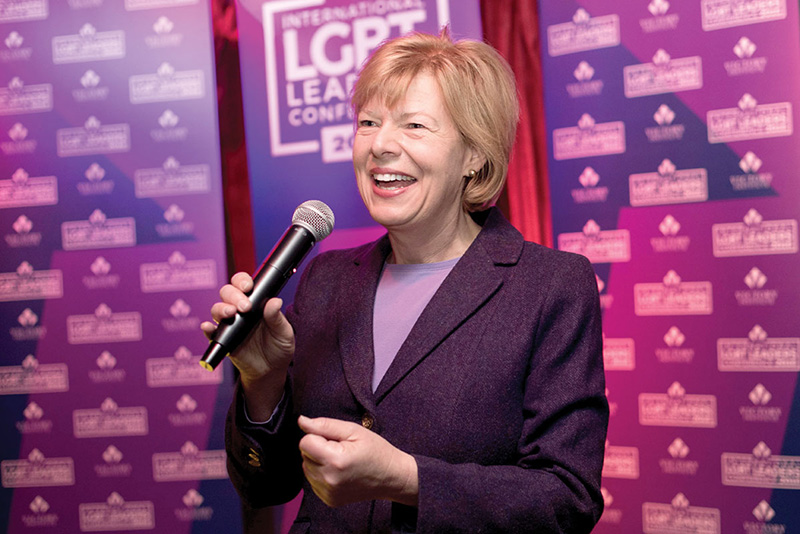
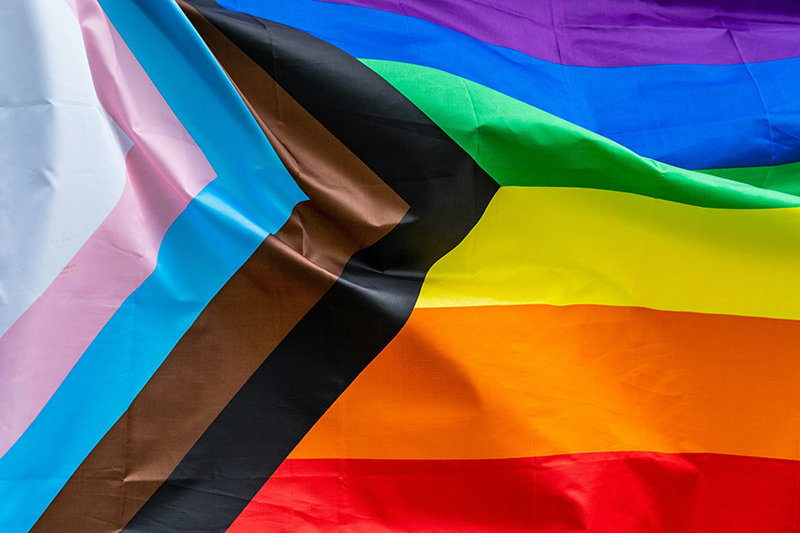
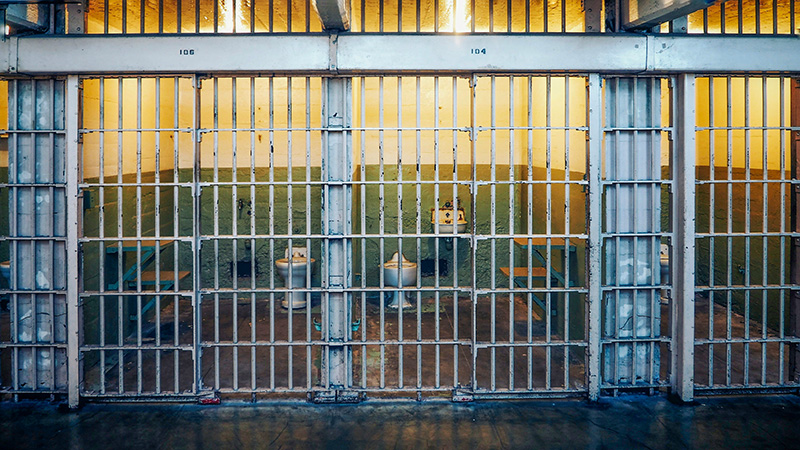














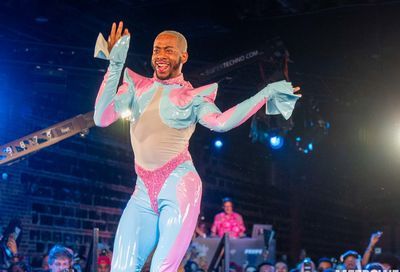
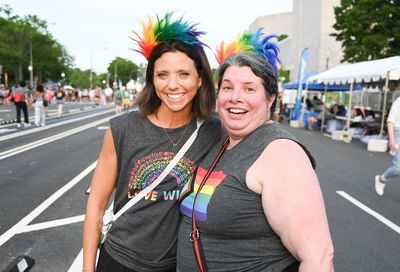
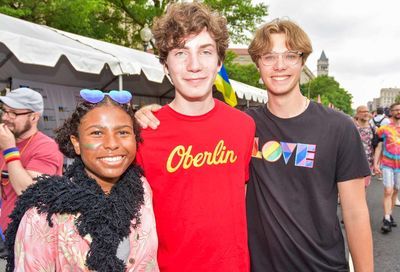
You must be logged in to post a comment.